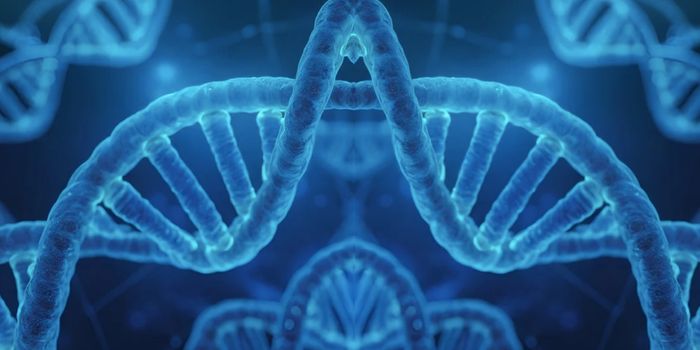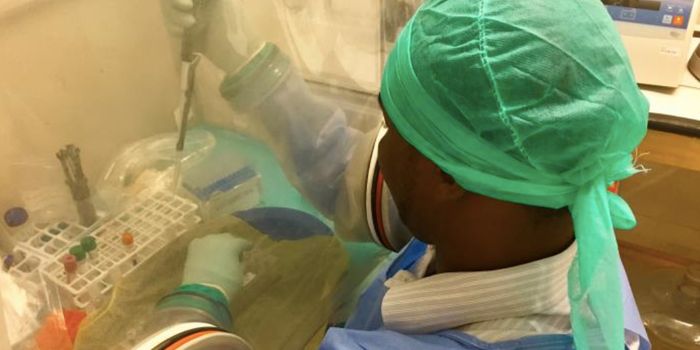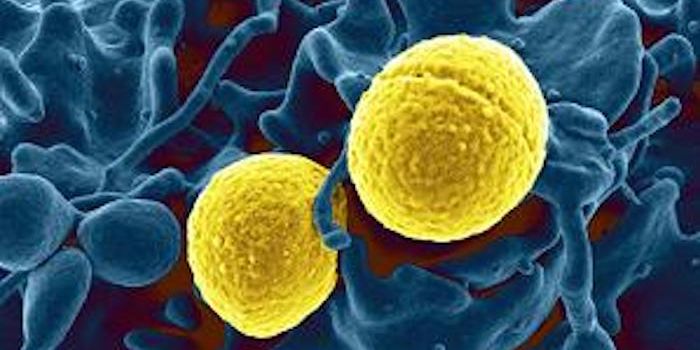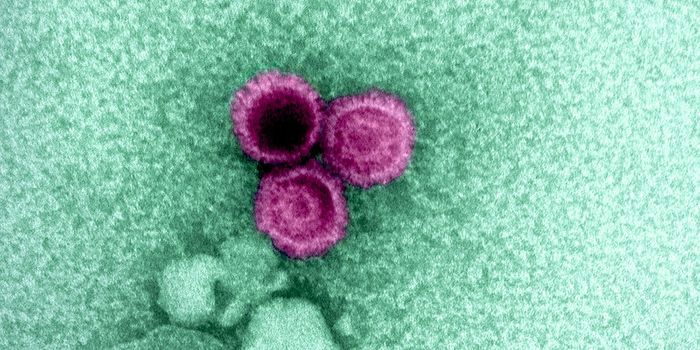Your microbes and IBD
Inflammatory bowel diseases - Crohn’s disease and ulcerative colitis - are caused by an inappropriate intestinal immune response. There are plenty of hypotheses out there to explain what causes that immune response, and many are centered around gut microbes.
I want to focus on three of the main explanations for how the gut microbiome contributes to inflammatory bowel disease (IBD). First is through gut dysbiosis, a situation where the populations of gut bacteria are thrown out of balance; four groups of bacteria make up the majority of the microbiome - Firmicutes, Bacteroidetes, Proteobacteria, and Actinobacteria. Second, opportunistic pathogens may be responsible for IBD. And third, host genetic factors probably play an important role in the body’s immune response to microbes.
On the subject of gut dysbiosis, IBD pathology typically occurs in regions of the intestine where the concentration of bacteria is high (the colon and distal ileum). This suggests a direct link between gut microbes and IBD. One study found that the concentrations of mucosally associated bacteria were low in controls (~0.18 × 103 CFU/μl for anaerobes and 0.003 × 103 CFU/μl for aerobes) but much higher in people with Crohn’s disease (8.4 × 103 and 0.11 × 103 CFU/μl for anaerobes and aerobes, respectively).
There are some data to suggest that specific commensal or pathogen species may initiate IBD. For example, adherent/invasive E. coli is found in around 38% of patients with ileal Crohn’s disease compared to controls. Similarly, some strains of the commensal Bacteroides fragilis can secrete a toxin, and these are present in nearly 20% of people with active IBD.
There is also evidence that host genetics affect how the immune system responds to commensal bacteria. Genetic polymorphisms that cause defects in microbial killing may increase the number of gut microbes that activate the immune system. Researchers compared the antimicrobial effects of peptide extracts that were taken from patients with active or inactive IBD; they found that the extracts from people with Crohn’s disease were less active against B. vulgatus, E. coli, and E. faecalis.
Some bacteria induce the shedding of epithelial cells in the gut. In most cases, this is perfectly normal - it helps replace dead cells with healthy new ones. In people with IBD, however, these cells are shed more rapidly than they can be replaced. This situation is sometimes referred to as “leaky gut.”
Researchers recently found that Bifidobacterium, which is often depleted in people with IBD, helps reduce excessive epithelial cell shedding. This protection is mediated by interactions between an exopolysaccharide on the surface of the bacteria and host MyD88. This interaction induces signaling pathways that downregulate apoptosis.
IBD can cause ulcers in the intestine, and microbes can sometimes invade the bloodstream through these lesions. E. coli, B. fragilis, and S. viridans can all cause intra-abdominal abscesses. Often, medications taken for IBD can increase the risk for infections - this risk is directly correlated with the number of IBD medications a patient takes.
A study conducted in Greece measured bacterial translocation from the gut into the bloodstream by looking for bacterial DNA in the blood. The researchers found that all of the study subjects with IBD had bacterial DNA in the blood. Curiously, 11 of 20 control subjects also had bacterial DNA in their blood. They found that people with active IBD had significantly more bacterial DNA in their blood than people with inactive IBD.
In the subjects with Crohn’s disease, 50% of people had E. coli DNA in their blood, and 16.67% had C. coccoides or C. leptum. In contrast, 28.57% of patients with ulcerative colitis had E. coli DNA in their blood, 21.43% had C. coccoides, and 7.14% had C. leptum DNA. Comparatively, only 5% of control subjects had E. coli or C. coccoides DNA in their blood.
There are certainly data to support a role for microbes in IBD, so what can we do about it?
Probiotics have been a hot topic for the last few years. Cases of pouchitis (a complication of receiving a colostomy or similar procedure for IBD), were found to be less frequent in people who took a probiotic that contained 8 species of bacteria. Similarly, taking the probiotic E. coli Nissile 1917 was as effective as low-dose mesalamine for treating some cases of ulcerative colitis.
On the opposite end of the spectrum are antibiotics. One study found that people with Crohn’s disease were more likely to achieve remission when treated with the antibiotic rifaximin. Last, but not least, is the fecal transplant, a subject I’ve covered previously.
Sources: American Journal of Gastroenterology Supplements, PLOS One, Gastroenterology, Open Biology









